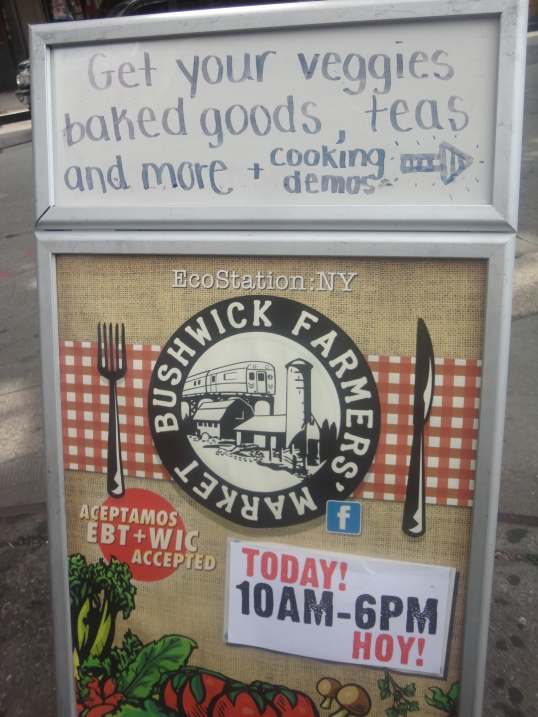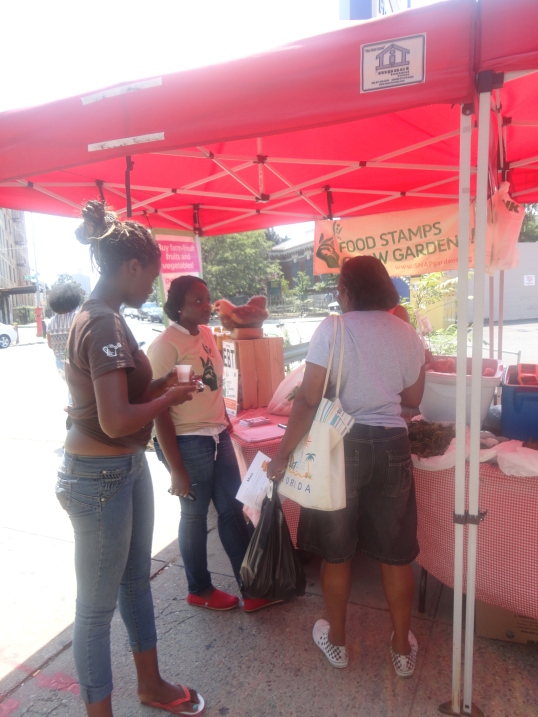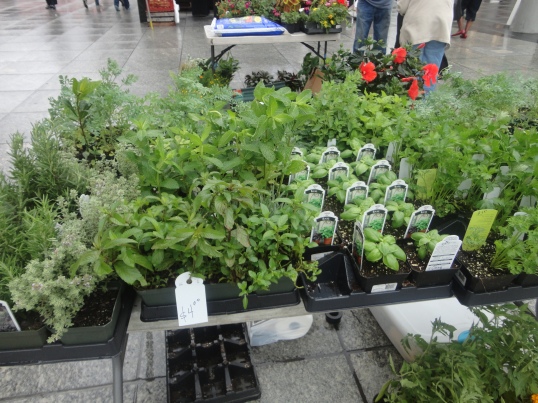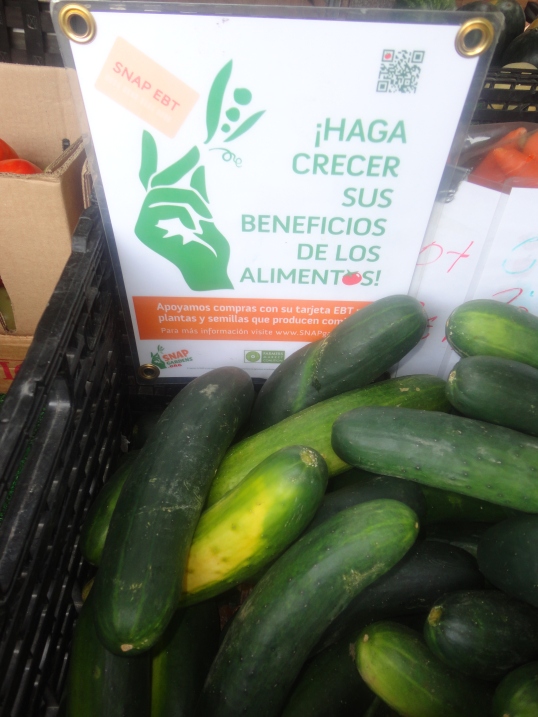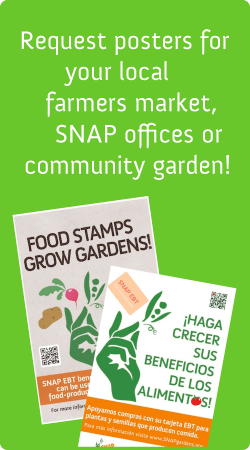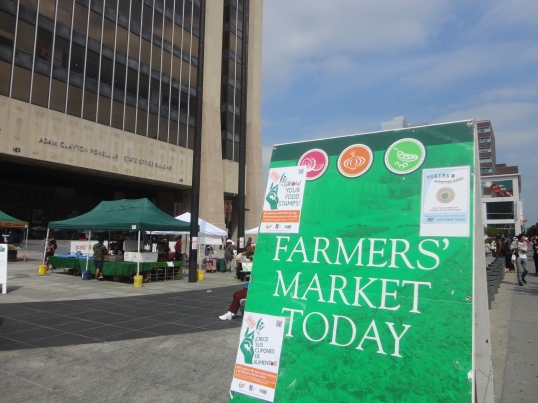Throughout the course of my fieldwork at SNAPGardens, I had the opportunity to implement things that I have learned in class.I was able to create surveys using survey monkey for seniors who would do it online and on word document if we had to hand it physical copies of the survey. I was also able to develop to brochures based on the community health issues, problems and assets. It was also created based on the community needs, preferences and priorities.
I have learned that growing gardens either by utilizing community gardens or home gardens, in a sense bring residents together therefore decreasing isolation, sharing culture, recipes and also seeds. Also, by telling the community that they can grow their own plants, SNAP gardens is encouraging empowerment, a way for individuals, communities to gain mastery over their lives. Also, growing your own food may help reduce health inequities by encouraging physical activity, healthy food choices making one less prone to heart disease or obesity.
We were able to assess any problems/questions/inquiries in a culturally competent way. We were able to appreciate the perspectives of diverse individuals, communities and cultures. Our fieldwork also consisted of development basic outreach materials such as social-media announcements. Organize basic outreach events such as table events.
Also doing this internship has enhanced my communication skills for I was able to identify appropriate channels of communication based on different target audience .I was able to communicate effectively with the public, whether in one-to-one conversations,public speaking to groups, in order to convey knowledge that people could buy food producing plants and seeds using EBT benefits in culturally appropriate ways. Overall, this internship has allowed me to practice my skills in data collection, community outreach and communication.
